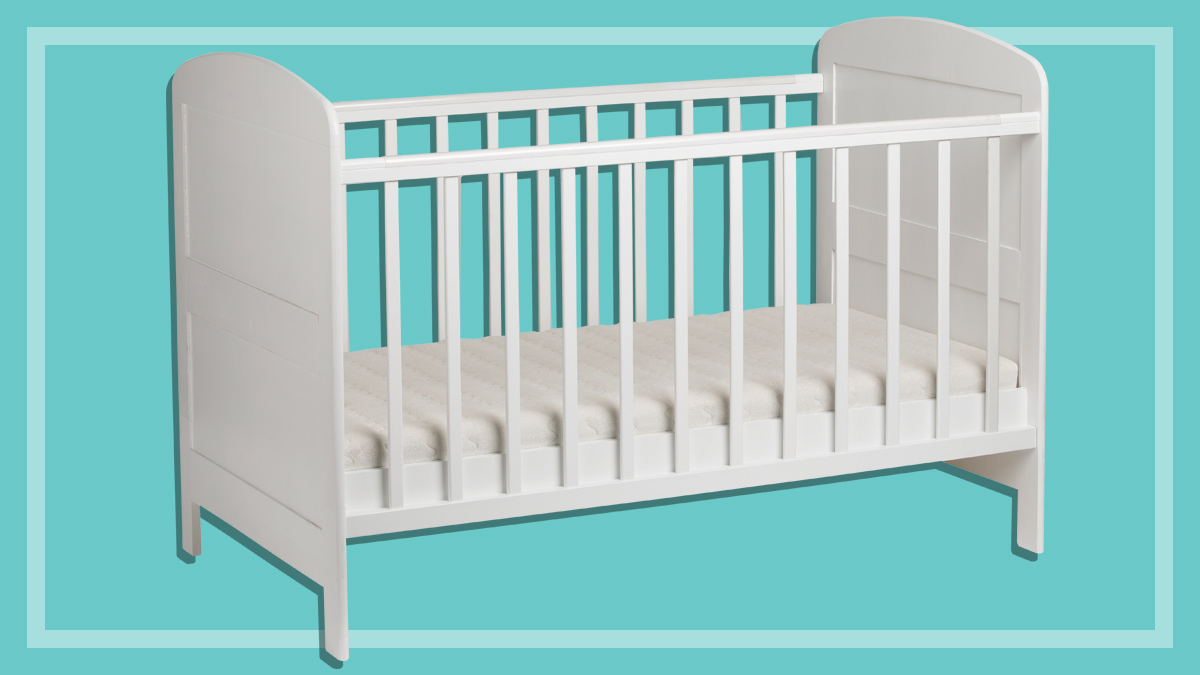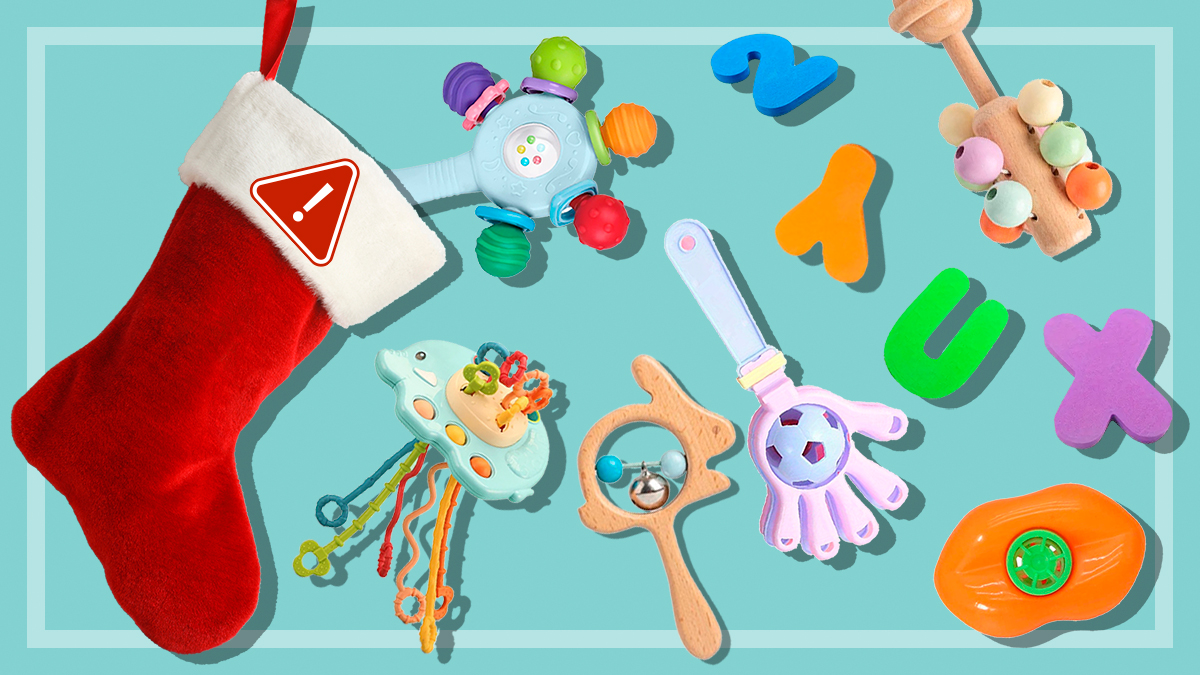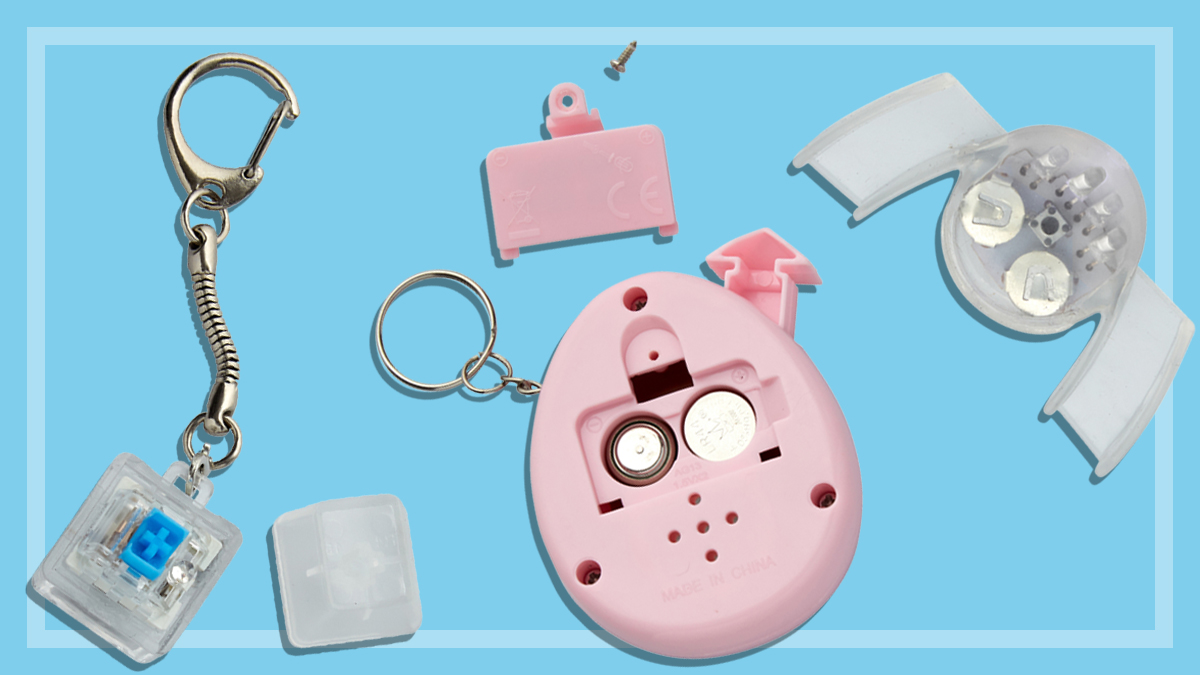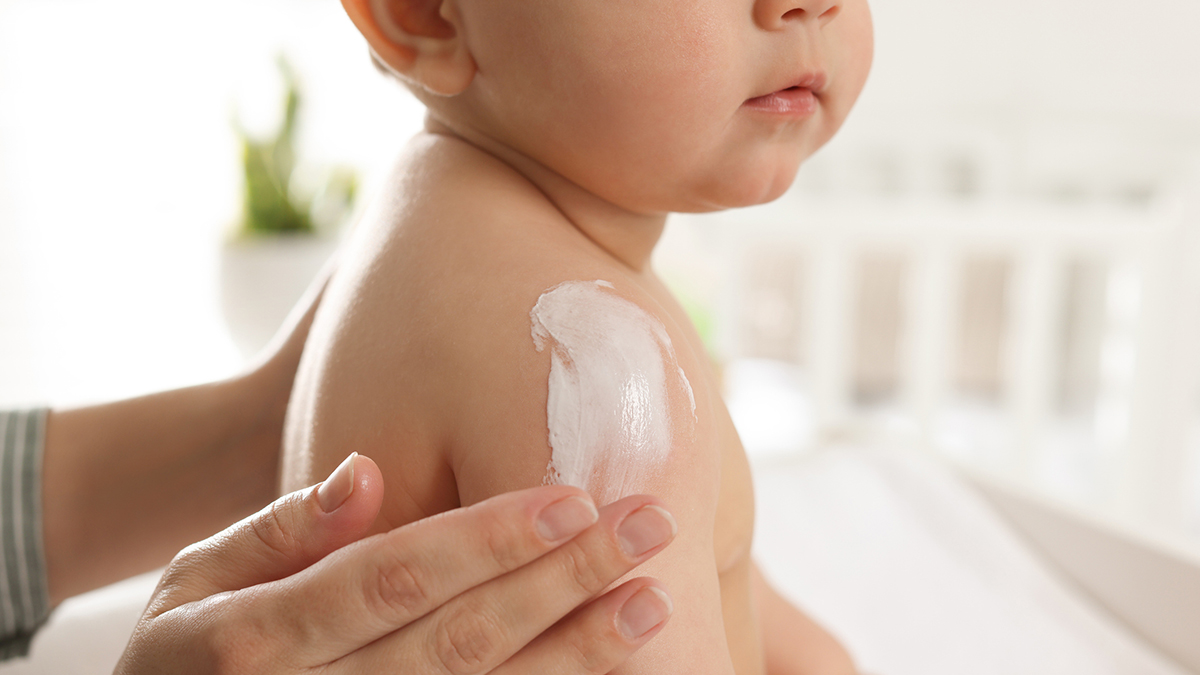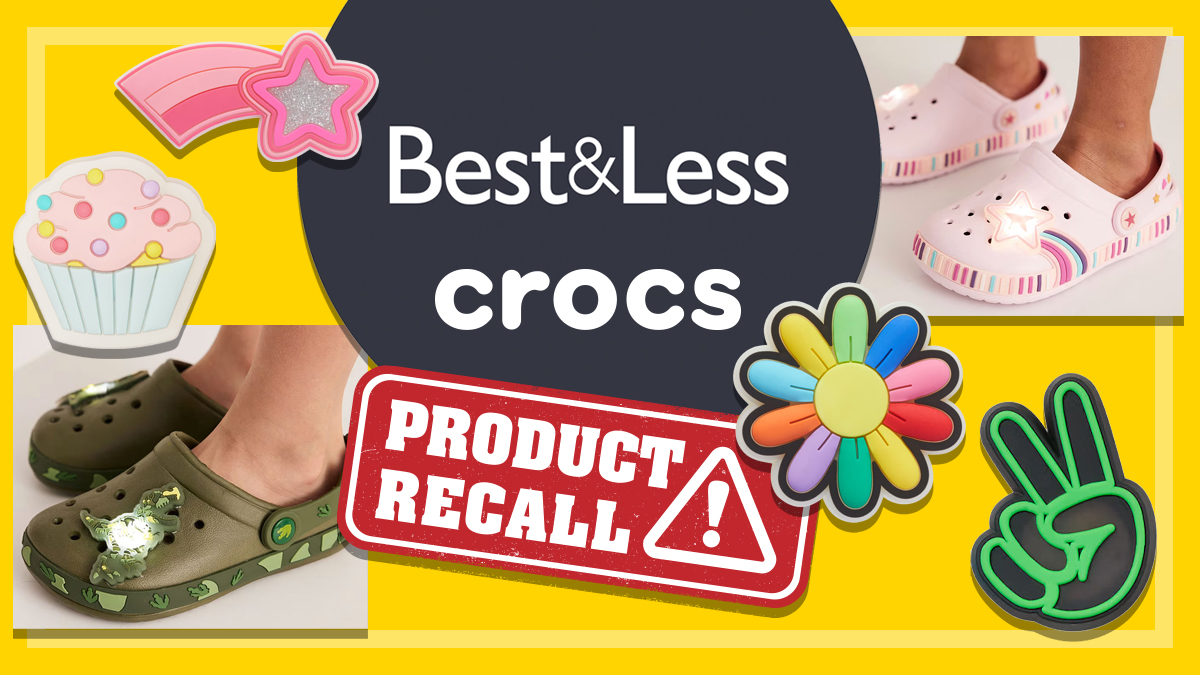Get our independent lab tests, expert reviews and honest advice.
The dangers of inclined baby sleepers
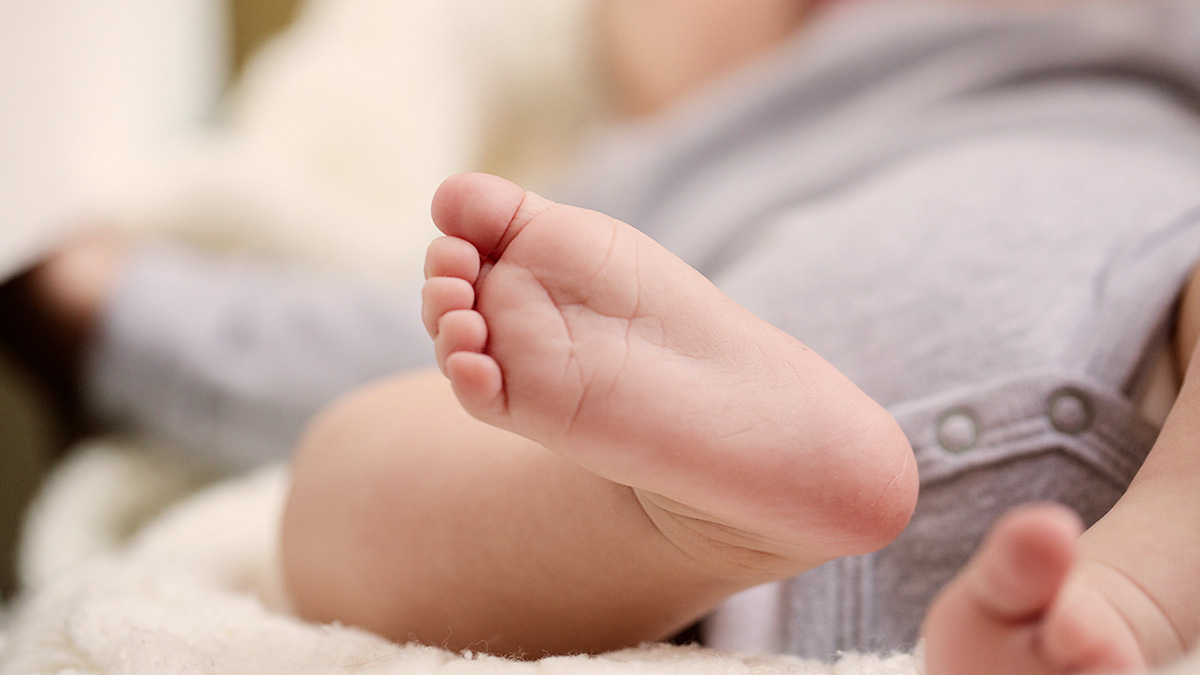
An inclined sleeper is a sleep surface that is slanted (usually between 10–30 degrees) so that an infant’s head and shoulders are elevated.
They are made of soft material and many sleepers also rock, vibrate, swing or play music and noises designed to help soothe a baby to sleep.
Despite clear medical advice that babies should sleep on a firm, flat surface, inclined sleepers are still being sold in Australia. And they’re not the only unsafe products still available for sale.
Why are inclined sleepers so popular?
As most parents will tell you, getting a baby to sleep can be extremely challenging. Some parents may believe that placing their baby in an inclined position can help with the discomfort associated with reflux (although this has been disproven by scientific studies).
Emergency paediatrician and director of the Queensland Injury Surveillance Unit Dr Ruth Barker says the inaccurate belief that inclined sleep surfaces are safe and beneficial for babies with reflux is widespread, even amongst medical professionals.
“Clinicians are still advising parents to place their babies on an incline and it’s also something you see being done in the hospital system, so it’s little wonder parents believe this is a safe practice,” she says.
“Our understanding about the dangers of this position is actually relatively new and it takes time for the message to get out there.”

Why are they dangerous?
According to Red Nose, babies should sleep on their back on a firm, flat surface to reduce the risk of sudden unexpected infant death.
CHOICE children’s product expert Kim Gilmour says inclined sleepers fail to meet these simple criteria.
“Inclined sleepers are a soft, sloping surface that can cause babies to suffocate. They should be avoided at all costs.”
Barker explains that when a baby is laying on their back in an inclined sleeper, their airway can become compromised, which can lead to something called positional asphyxiation.
“As the baby relaxes and falls asleep, their chin naturally drops towards their chest which causes a significant reduction of their airflow.
Their hips are also flexed which creates more abdominal pressure and inhibits the movement of the diaphragm, further inhibiting airflow.”
Inclined sleepers are a soft, sloping surface that can cause babies to suffocate. They should be avoided at all costs
Kim Gilmour, CHOICE children's product expert
She says that young infants, particularly those with other risk factors such as prematurity, low birth weight or even a mild viral illness may not have the ability to rouse themselves from sleep, and reposition themselves in response to reduced airflow, meaning they can silently suffocate while in an inclined position.
Suffocation risk
But positional asphyxia isn’t the only risk of inclined sleepers. An independent study commissioned by America’s Consumer Product Safety Commission (CPSC), revealed that babies are much more likely to suffocate by rolling onto their tummy in an inclined sleeper than on a flat sleep surface.
The study found that the design of inclined sleepers allows babies to roll from their back to their tummies more easily and also that babies laying on their tummies in inclined sleepers exert over double the abdominal muscle activity compared to when they are laying on their tummies on a flat mattress, while their oxygen levels drop twice as much.
Babies are much more likely to suffocate by rolling onto their tummy in an inclined sleeper than on a flat sleep surface
These findings led researchers to conclude that not only do babies turn onto their tummies easier in an inclined sleeper, but once they are there, they can easily exhaust themselves and suffocate while trying to change position so that they can breathe. (The study was limited in that it did not focus on the risk of babies sleeping on their backs where their heads slumped down.)
Since 2019, two inclined sleepers linked to 73 deaths in the US have been voluntarily recalled in Australia, the Fisher Price Rock ‘N Play Sleeper and Kids II Rocking Sleeper. According to the ACCC, there have been no fatalities in Australia that are reported to be directly attributed to infant inclined products.
What action is the ACCC taking?
In response to reports of infant fatalities in the United States, the ACCC initiated a safety review of infant inclined products in July 2019 which is currently ongoing.
The ACCC review includes a number of products including rockers, bouncers and swings, but they are particularly focusing on inclined products that are designed and marketed as suitable for an infant to sleep in.
CHOICE says products should be banned
CHOICE has lodged a submission to the ACCC recommending that inclined sleep products be banned from sale in Australia.
“Inclined sleep products do not comply with medical recommendations that infants sleep on a flat, firm surface to avoid asphyxiation and suffocation, so they shouldn’t be sold,” says CHOICE head of policy and government relations Alison Elliott.
Inclined sleep products do not comply with medical recommendations… so they shouldn’t be sold
Alison Elliott, CHOICE head of policy and government relations
“The fact that these products are available for purchase despite this clear medical advice against them is a great example of why CHOICE is also calling for a General Safety Provision in the Australian Consumer Law. Such a law would prevent retailers from selling any products that they know, or should know, are unsafe .”
A broader definition
CHOICE also believes that the definition for inclined sleep products should include products that are commonly used by consumers for sleep, regardless of whether they are being sold as a sleep device or not.
Barker agrees that other products marketed as “soothing” devices (like rockers and bouncers) should be subject to more scrutiny by the ACCC.
“While they don’t explicitly claim to be intended for infant sleep, the reality is, if a baby falls asleep in one of these devices, parents are unlikely to then take them out and place them on a safe sleep surface.”
Education and awareness
“While removing unsafe products from the market would be the most comprehensive way to protect infants, better education and awareness is also key to keeping babies safe,” says Elliott.
Increased awareness would also hopefully see an end to parents unknowingly passing on risky products – for instance handing down inclined sleepers to friends or family or selling them on secondhand marketplaces.
It’s not just parents who need to be educated, but also clinicians
Dr Ruth Barker, paediatrician and director of the Queensland Injury Surveillance Unit
Barker agrees that better awareness of the dangers of inclined sleep products is essential to preventing infant deaths.
“It’s not just parents who need to be educated, but also clinicians. We need health advice, marketing materials and regulatory actions to be aligned so parents get the right information on how to keep their infants safe.”

